By Chloë Phalan
Everyday
sexism alert! The other day I was perusing the greeting cards at a local
drug store, looking for a birthday card for my nephew who was turning three.
He’s a doll—so fun and cheerful and bright! I was looking for a card that would
make him smile, make him feel special, and have room for a packet of stickers.
The section full of brightly colored birthday cards for kids offered only two
choices for a 3-year-old: “Birthday Boy – 3” read one tag, and “Birthday Girl –
3” read the other. Guess which was which! I’ll give you one guess!
I
think you could have gotten that one even if the pictures were in black and
white. The messages are pretty clear:
Boys, you’re strong
and smart and generally awesome—feel good about yourself for being YOU.
Girls, you’re pretty
and sweet—feel good about yourself for pleasing others.
Yes, this was my experience at just one store. And yes, they’re just birthday cards. Kids
open them, maybe shake them out for any dollar bills (or stickers) that may be inside, a grown-up
makes them read it, and then in to the recycle bin they go. But the messages kids get from friends and
family—the questions you ask, your tone of voice, your compliments, the games
you propose, the chores you assign, the gifts you give, and yes, EVEN THE CARDS—is a huge piece of the personal-identity puzzle kids are constantly working on. A
puzzle that shows them a picture of who they are, who they will grow up to be,
and where they stand socially.
As
“Suz” says in this piece,
“All children are born a seed. These seeds
carry in them all the predispositions we house in our genes, a massive tree
with branches sprouting off at all sides. But from the moment that pink or blue
swaddling hits our skin, those branches begin being pruned. What should little
girls look like, do, be? What about little boys?”
And
the pink and blue surely doesn’t
stop with swaddling blankets. Gendered messages are propagated in toy stores,
many of which have segregated aisles for “girl toys” and “boy toys.” The girl
aisles are overwhelmingly pink, and promote the idea that girls are domestic,
maternal, and princesses-in-the-making; the boy aisles are predominantly blue,
black, and silver and feature toys that indicate boys as strong and
destructive, as well as scientifically and mechanically inclined.
Dinosaurs?
That’s a boy thing. Cooking and baking? So
girly. Cars and trains? Boys only, through and through. But according to who?
A
few young people are challenging the “girl toy” v. “boy toy” status quo, and I
tip my hat to them (and their families!):
Six-year-old
Parker Dains penned a letter to ABDO Publishing Company, creators of The Biggest
Baddest Book of Bugs, after she read (and loved!) the book, but flipped it
over to discover it was part of the company’s Biggest Baddest Books for Boys series. In her letter she
recommended that the company change the series to Biggest Baddest Books for Boys and Girls because “some girls would
like to be entomologists too.” The company listened, and dropped the “For Boys”
part of the name. Sweet!
Seven-year-old
Charlotte Benjamin took issue with Lego’s portrayal of girls. Not only was she disappointed that there were “barely any” Lego
girls in the kits, but the ones that were
included didn’t really do much. “All the girls did was sit at home, go to
the beach, and shop, and they had no jobs but the boys went on adventures,
worked, saved people, and had jobs, even swam with sharks,” wrote Charlotte. “I
want you to make more Lego girl people and let them go on adventures and have
fun, ok!?!” YES.
Twelve-year-old
McKenna Peterson wrote a similar letter to Dick’s Sporting Goods after flipping through the company’s
basketball catalog and noticed a glaring lack of females in the publication.
“There are NO girls in the catalog,” wrote McKenna. “Oh wait, sorry. There IS a
girl in the catalog on page 6. SITTING in the STANDS.” Burn.
In the end, I found a card with happy animals and a message that read, “Wishing you a stupendous birthday!” It took about five additional seconds to find it—five seconds that I commit to taking each time I make a choice for a child in my life. I take the time to ask myself not just ‘will it hold stickers' but also 'am I telling them what they should be, or am I telling them what they can be?’
Chloe Phalan is Program Assistant at Legal Voice, where she works to advance justice for women and girls by scheduling meetings and keeping files properly labeled.





.jpg)


.jpg)
.jpg)
.jpg)



.jpg)
.jpg)
.jpg)






